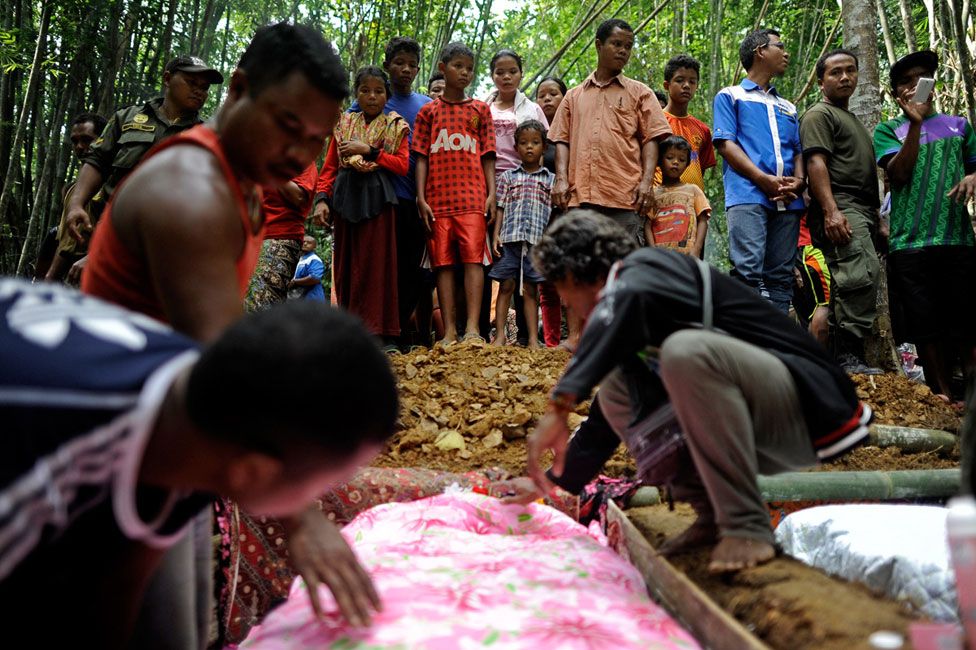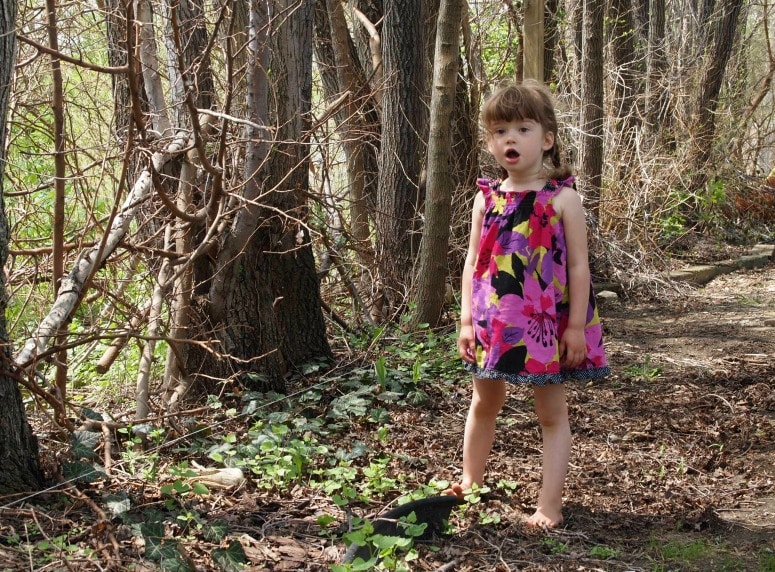 746, Jalan Sungai Dua, Penang , Contact Person: Ms. Ling Ling mobile 012-4059013
746, Jalan Sungai Dua, Penang , Contact Person: Ms. Ling Ling mobile 012-4059013 Parents are bracing for the increase in fees for private kindergarten and daycare centres this year, but most generally understand the financial burdens faced by operators.
Private sector employee Nisa Diana Halim, 36, said sending her four-year-old to a private centre is her only option as there are no nearby government kindergartens in her area.
Right now, she has to pay RM750 monthly for kindergarten and daycare services at a centre in Sungai Buloh, Selangor.
She currently pays RM495 per month for kindergarten fees and the rest for daycare services.
The fees have yet to be increased, but she was notified that for the 2025 term, they would be higher, she said.
“I have tried getting more details, but the school has not responded. For now, I will remain with the centre for my second born, as my eldest is already attending school and only stays at a transit centre before school.
“I prefer to send my daughter to a place I am familiar with and will prepare for the fee increase because I want the services from the school, which is close to our house,” said the mother of three.
Housewife Low Chiew Yee, 34, said her five-year-old son attends kindergarten while her three-year-old daughter is in daycare.
The kindergarten fees remain at RM405 per month, but miscellaneous charges have increased slightly.
“The increase in miscellaneous charges is less than RM50, but our monthly expenses have risen by almost RM600. However, the kindergarten offers good services, so I don’t mind,” she said.
Low has three children, with her eldest son in Year 2, costing RM500 per month, while her second son’s co-curricular classes costs RM400 monthly.
Due to rising costs, she had to drop some enrichment classes for her children.
“With only my husband working, I stay at home to take care of the children and manage school runs. We save wherever we can,” she added.
Another parent, Lim Li Wei, 38, said she anticipated the increase in fees since the government announced an increase in the minimum wage last year.
She has received a notice on the potential of fee increases from her daughter’s kindergarten, but no amount was specified.
“My daughter’s kindergarten fees were RM380 per month and now, for a five-year-old, it’s RM400,” she said.
A bank employee, Karlye Fong, 35, said her child’s kindergarten fees increased from RM400 to RM420 per month this year, which is still manageable.
“Our child is at the kindergarten from 8am to noon every day. Fortunately, my parents help with pick-ups, saving us transportation costs,” said the mother of one.
Fong said working in a financial institution means her daughter’s medical expenses are covered by the company under the dependant category.
“My daughter’s clinic fees range from RM100 to RM200 per month. If she is hospitalised, even though the insurance covers the expenses, we still pay RM350 monthly for insurance,” she said in emphasising their commitment to their daughter’s education over the long term.
Soleha Amin said it is necessary for her children to attend kindergarten even if the fees are increased.
“Right now, children are advanced due to social media and technology; parents send their children to preschool to compete. As much as I want to educate them myself, I won’t be able to catch up as I need to work.
“I chose private kindergartens because they offer multilingual classes, and this will help them when they enter primary school. If public kindergartens offer similar options, I would have sent them there, but government centres are always full.
“As a parent, I am willing to work extra hard for my children’s future. I am aware there are subsidies, but unfortunately, I am in the middle-income group. I hope the government can consider expanding aid for those of us who are supporting the private education sector,” she said.
.jpg)




 Prof Dr Mohd Tajuddin Mohd Rasdi is Professor of Architecture at UCSI University. The views expressed here are entirely the writer’s own.
Prof Dr Mohd Tajuddin Mohd Rasdi is Professor of Architecture at UCSI University. The views expressed here are entirely the writer’s own.




















